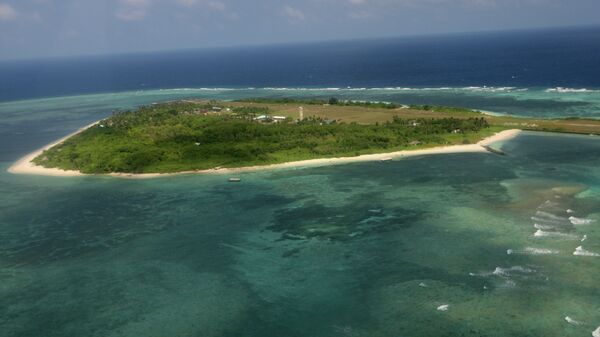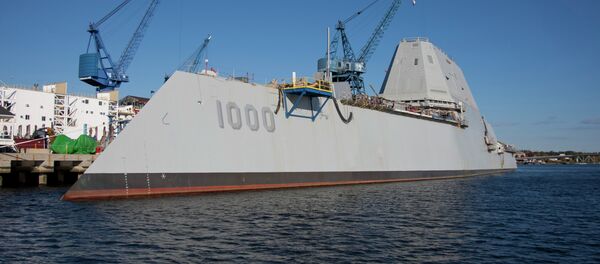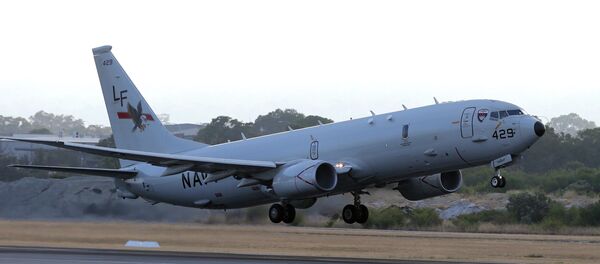"I hope people in the US will refrain from making all the coercive statements, will refrain from making all the coercive actions there," Chinese Ambassador to the US Cui Tiankai said referring among other things to the US spy plane that recently flew close to the contested Spratly Islands despite China's warnings to leave the airspace over the archipelago.
Indeed, there are other claimants. The overlapping territorial disputes in the South China Sea involve China, Brunei, Malaysia, Taiwan, the Philippines and Vietnam. But the US is especially critical of China, saying Beijing's land reclamation on the archipelago could lead to the militarization of the area and would hence undermine regional stability and security.
Beijing has insisted that it is the US meddling in the Asia-Pacific, including deepening defense ties with Japan, that could jeopardizes regional security.
Although, the tensions have been on the rise leading to some claiming that a war between the two global powers is inevitable, the Chinese diplomat sought to downplay the differences between Beijing and Washington.
"I don't think we should allow this single issue to dominate our bilateral agenda. So I don't think we should go to confrontation and conflicts just over this issue," he told CNN.
To Washington's mind, Americans do have a say in what transpires in the region since the South China Sea is one of the key waterways globally, serving as a major artery for world's commercial shipping.
And China has no intention of doing anything that could impact negatively on these routes. The reclamation project is purely peaceful in its nature and "will mainly help ships of China and other countries" in the area, the Chinese ambassador said in a bid to dispel Washington's concerns.




